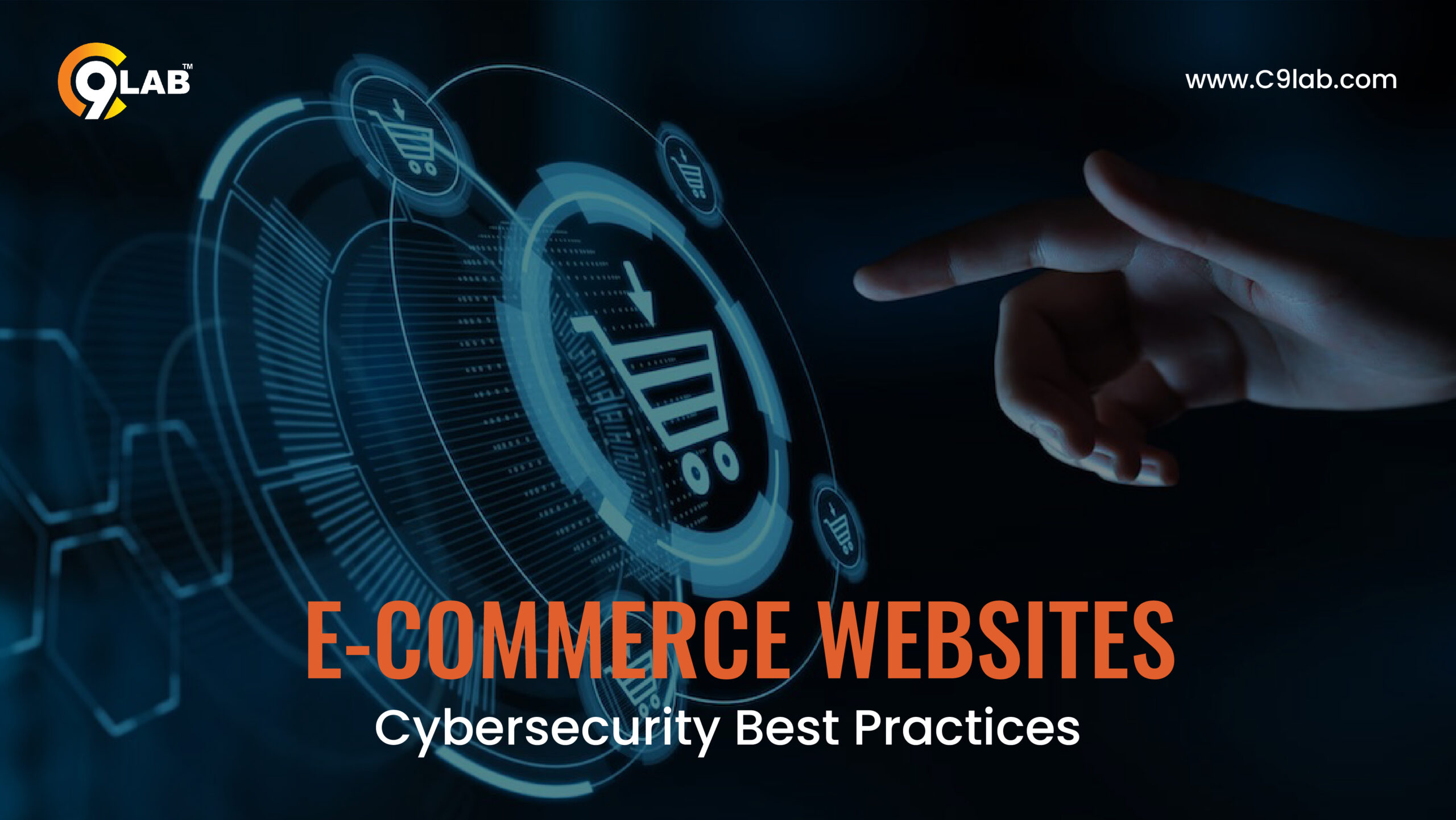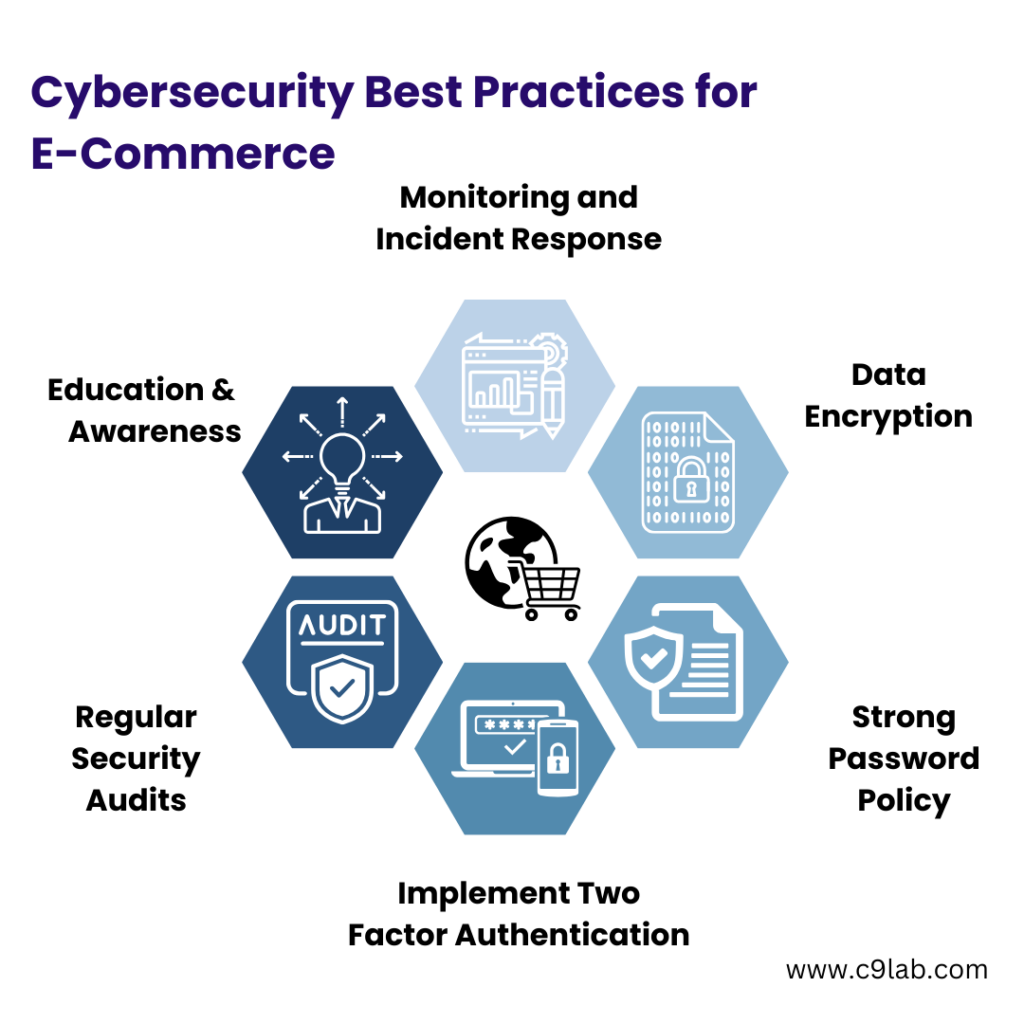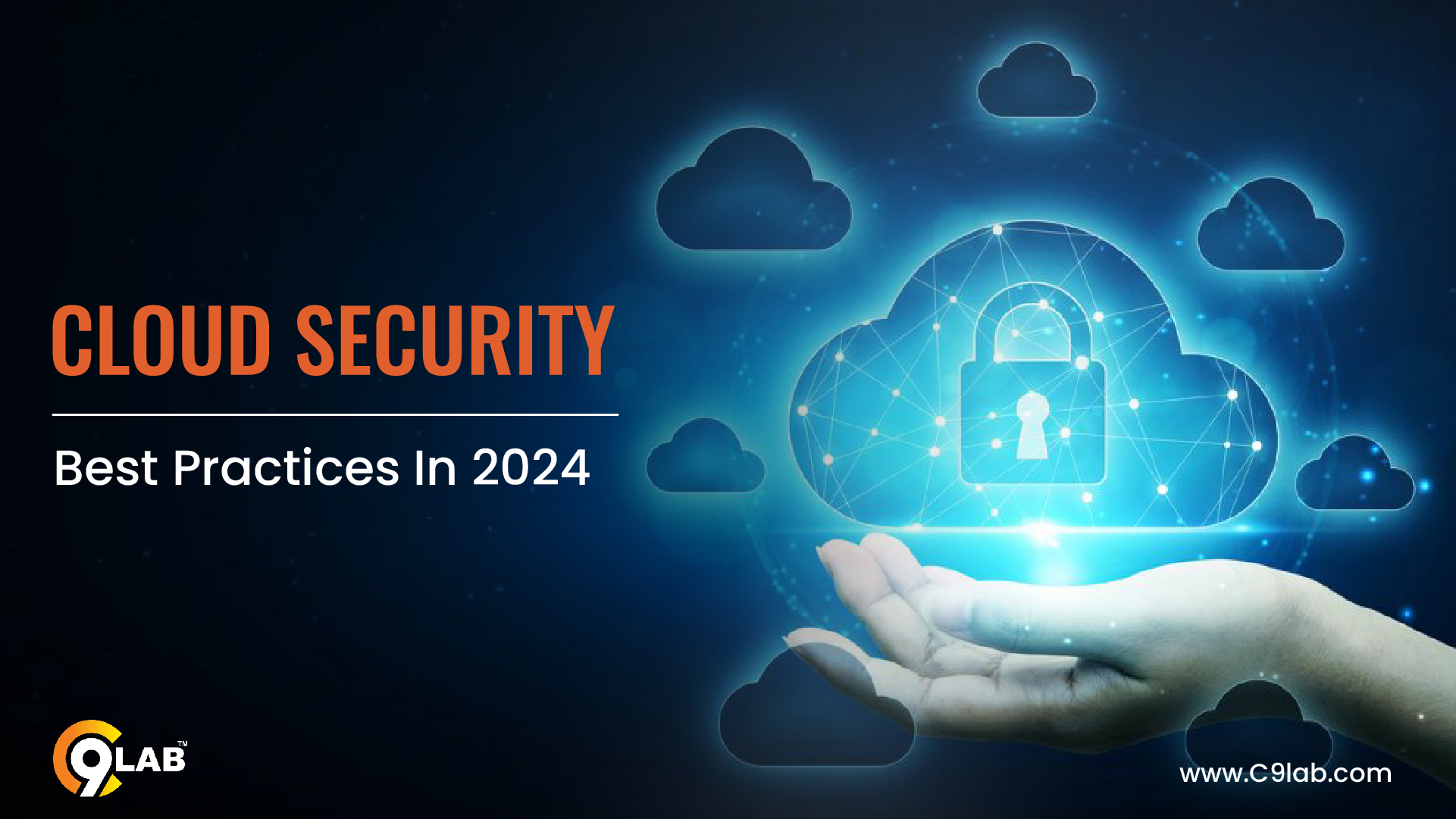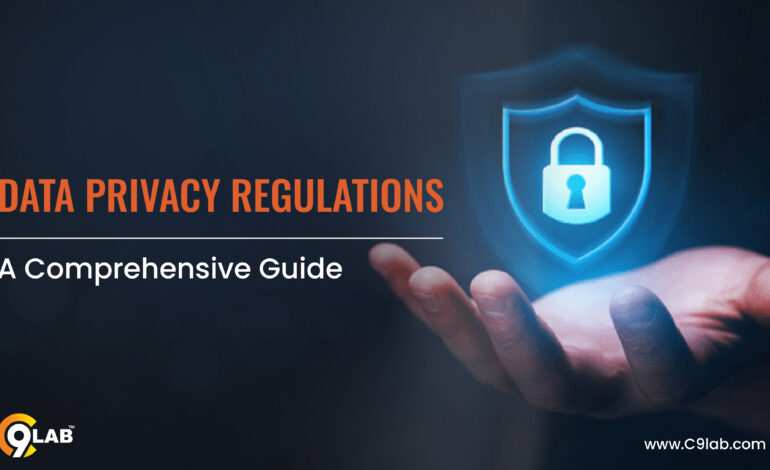
Cybersecurity Best Practices for E-commerce Websites
Need For Cybersecurity in E-commerce
In today’s digital age, e-commerce websites are prime targets for cyberattacks. With the increasing amount of sensitive customer information and financial transactions occurring online, ensuring robust cybersecurity measures is crucial for e-commerce businesses. This guide explores the best practices for securing e-commerce websites, protecting customer data, and maintaining trust and integrity in online transactions.
E-commerce websites handle a significant volume of sensitive data, including personal information, payment details, and transaction records. A security breach can lead to severe financial losses, legal repercussions, and damage to the brand’s reputation. Therefore, implementing strong cybersecurity measures is essential to safeguard both the business and its customers.
Key Cybersecurity Best Practices for E-commerce Websites
Implementing the following best practices will help you secure your e-commerce website effectively, minimizing risks and ensuring data protection.

1. Use HTTPS Protocol
The first step in securing your e-commerce website is to ensure it uses HTTPS protocol. HTTPS encrypts the data exchanged between the user’s browser and the server, protecting sensitive information from interception and tampering.
Benefits of HTTPS:
- Encrypts data to prevent eavesdropping and tampering.
- Enhances customer trust and confidence in your website.
- Improves search engine ranking, as search engines favor HTTPS websites.
2. Implement Strong Password Policies
Weak passwords are a common entry point for cyberattacks. Implementing strong password policies can significantly reduce the risk of unauthorized access.
Password Policy Tips:
- Require complex passwords with a mix of letters, numbers, and special characters.
- Enforce regular password changes and avoid reuse of old passwords.
- Implement multi-factor authentication (MFA) for an added layer of security.
3. Regularly Update Software and Plugins
Outdated software and plugins are vulnerable to exploitation by cybercriminals. Ensure that all software, including the e-commerce platform, content management system (CMS), and plugins, are regularly updated. Automated update management tools, such as those provided by C9Lab, can help streamline this process and ensure your systems are always protected.
Update Best Practices:
- Enable automatic updates whenever possible.
- Regularly check for updates and apply them promptly.
- Use reputable plugins and remove any that are no longer needed.
4. Use Secure Payment Gateways
Payment gateways handle sensitive financial information, making them a prime target for cyberattacks. Use secure and reputable payment gateways to process transactions.
Payment Gateway Tips:
- Choose PCI DSS-compliant payment gateways.
- Use tokenization to replace sensitive data with unique identification symbols.
- Regularly audit and review payment gateway security.
5. Implement Web Application Firewalls (WAF)
A Web Application Firewall (WAF) helps protect your website from various cyber threats, including SQL injection, cross-site scripting (XSS), and distributed denial-of-service (DDoS) attacks. WAFs like those included in C9Lab’s security solutions can provide an additional layer of security, ensuring your e-commerce platform is well-protected against common vulnerabilities.
WAF Benefits:
- Filters and monitors HTTP traffic between the web application and the internet.
- Blocks malicious traffic and prevents common web-based attacks.
- Provides an additional layer of security beyond traditional firewalls.
6. Conduct Regular Security Audits and Vulnerability Scans
Regular security audits and vulnerability scans help identify potential weaknesses and areas for improvement. These assessments should be conducted both internally and by third-party experts. Utilizing comprehensive security monitoring platforms like C9Eye from C9Lab can greatly assist in these processes by providing real-time insights and alerts.
Audit and Scan Tips:
- Schedule regular security audits and vulnerability scans.
- Use automated scanning tools to detect common vulnerabilities.
- Address identified issues promptly and implement necessary fixes.
7. Educate Employees on Cybersecurity Best Practices
Human error is a significant factor in many cybersecurity incidents. Educating employees about cybersecurity best practices can help prevent accidental breaches and improve overall security awareness.
Training Tips:
- Conduct regular cybersecurity training sessions for all employees.
- Include real-world scenarios and phishing simulation exercises.
- Provide resources and support for ongoing learning and awareness.
8. Secure Customer Data
Protecting customer data is paramount for e-commerce websites. Implement measures to secure data both at rest and in transit.
Data Security Tips:
- Use strong encryption for storing sensitive data.
- Ensure secure data transmission using protocols like HTTPS and TLS.
- Regularly back up data and store backups securely.
9. Implement Access Controls
Limiting access to sensitive areas of your e-commerce website helps prevent unauthorized actions and data breaches. C9Lab‘s access control solutions ensure that only authorized users can access critical resources, enhancing overall security.
Access Control Tips:
- Use role-based access control (RBAC) to manage permissions.
- Restrict access to sensitive data and administrative functions.
- Monitor and log access activities to detect suspicious behavior.
10. Develop an Incident Response Plan
Having a well-defined incident response plan is crucial for quickly and effectively addressing security breaches. The plan should outline procedures for detecting, reporting, and responding to incidents.
Incident Response Tips:
- Develop and document an incident response plan.
- Regularly review and update the plan based on new threats and experiences.
- Conduct drills and simulations to ensure readiness.
Conclusion
Ensuring robust cybersecurity for e-commerce websites is essential for protecting sensitive customer data, maintaining trust, and safeguarding business operations. By implementing the best practices outlined in this guide and leveraging advanced security solutions from C9Lab, e-commerce businesses can stay ahead of cyber threats and provide a secure online shopping experience.
FAQs
1. Why is HTTPS important for e-commerce websites?
HTTPS encrypts the data exchanged between the user’s browser and the server, protecting sensitive information from interception and tampering. It also enhances customer trust and improves search engine ranking.
2. How can strong password policies improve e-commerce security?
Strong password policies reduce the risk of unauthorized access by requiring complex passwords and regular password changes. Implementing multi-factor authentication adds an extra layer of security.
3. Why are regular software updates important for cybersecurity?
Regular software updates fix vulnerabilities and protect against known security threats. Keeping software and plugins up to date helps prevent exploitation by cybercriminals.
4. What is the role of Web Application Firewalls (WAF) in e-commerce security?
WAFs filter and monitor HTTP traffic between the web application and the internet, blocking malicious traffic and preventing common web-based attacks like SQL injection and cross-site scripting.
5. How does C9Lab help enhance e-commerce security?
C9Lab offers advanced security solutions, including phishing mitigation, security monitoring, and brand protection, to help e-commerce businesses enhance their data protection strategies and ensure a secure online shopping experience.
Keep your business safe and informed with the latest cybersecurity news, insights, and expert tips.
📬 Subscribe to Our Newsletter: Cyber Briefs



2 Comments
Amazing blog! Do you have any recommendations for aspiring writers? I’m hoping to start my own website soon but I’m a little lost on everything. Would you propose starting with a free platform like WordPress or go for a paid option? There are so many options out there that I’m completely confused .. Any ideas? Cheers!
Thank you so much for the kind words! 😊 I’m glad you enjoyed the blog! Starting your own website is an exciting journey, and it’s natural to feel a bit overwhelmed at first. Here’s my take:
Free vs. Paid Platforms: If you’re just starting out and want to test the waters, a free platform like WordPress.com is a fantastic option. It’s user-friendly, requires no coding, and lets you focus on your content. However, if you’re serious about building a personal brand or a professional website, I’d recommend going for a paid option like WordPress.org (self-hosted). With a self-hosted site, you get full control over your design, features, and monetization options, and it feels more “yours.”
Choosing a Platform: WordPress.org is a great choice for aspiring writers because it offers flexibility and scalability. Other options like Squarespace or Wix are also worth exploring if you want an all-in-one solution with less technical setup.
Don’t Overthink It: Start simple. Focus on your content first—write about what you’re passionate about, and the rest will follow. Many successful writers started with a minimal setup and improved as they grew.
Learn as You Go: Platforms like YouTube and online blogs (ironically!) are great places to find tutorials. You don’t have to know everything upfront—take it one step at a time.
If you have specific questions about getting started or need guidance on setting up your website, feel free to ask—I’d be happy to help! Cheers to starting your writing journey! ✍️✨